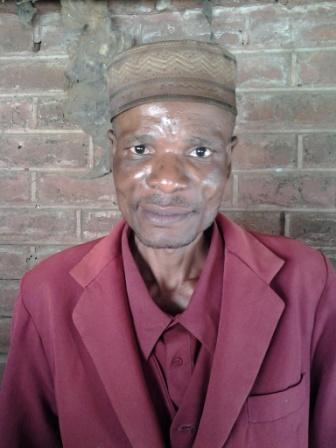
MULANJE,Malawi - A court in Malawi slaps a sexual offender with long jail sentence in order to send deterrence messages to would-be offenders. Our correspondent reports
Sexual offenders in Malawi - who believe that a chicken has the right to ‘eat’ its own eggs - are reaping the bitter fruits of their sexual debauchery.
The latest to learn the lesson that defilement may be sweet for few minutes but is consequences are painful is 22-year-old man Alison Saiti from southern Malawi’s border district of Mulanje.
A magistrate court jailed Saiti on Tuesday for 14 years for defiling his 10-year-old stepdaughter and infecting her with HIV.
Saiti met her fate after the step-daughter revealed to mother that she was a victim of defilement every time she (the mother) was away.
Following a complaint by the victim's mother, Saiti was arrested and a medical report confirmed that the girl was indeed defiled and infected by HIV.



